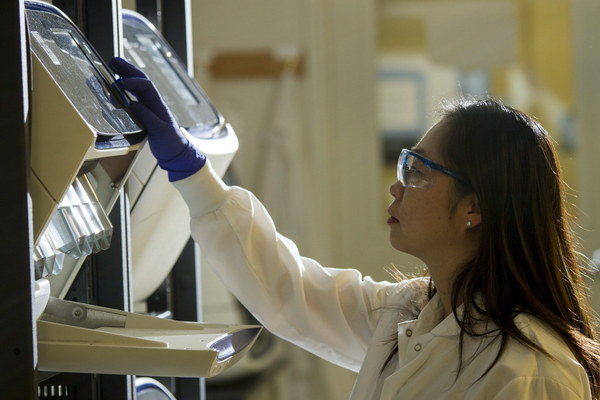Nurturing Your Liver A Comprehensive Guide to Liver Care and Maintenance
Introduction:
The liver is a vital organ responsible for numerous functions in the body, including detoxification, metabolism, and bile production. However, due to unhealthy lifestyle choices and environmental factors, the liver can suffer damage and impairment. This article provides a comprehensive guide to liver care and maintenance, offering practical steps and tips to support optimal liver health.
1. Understand the Importance of Liver Health:
The liver plays a crucial role in maintaining overall health. It filters out toxins, synthesizes proteins, stores vitamins and minerals, and produces bile to aid in digestion. By understanding the importance of liver health, you can take proactive measures to protect this vital organ.
2. Maintain a Balanced Diet:
A well-balanced diet is essential for liver health. Incorporate the following nutrients into your meals:
a. Fruits and Vegetables: High in antioxidants, vitamins, and minerals, these foods help protect the liver from oxidative stress and inflammation.
b. Lean Proteins: Choose lean sources of protein, such as chicken, turkey, fish, and legumes, which support liver function and aid in detoxification.
c. Healthy Fats: Incorporate healthy fats, such as those found in avocados, nuts, and olive oil, which help reduce inflammation and support liver health.
d. Whole Grains: Consume whole grains like brown rice, quinoa, and oats, which provide fiber and help maintain a healthy weight.
3. Stay Hydrated:

Water is essential for liver health, as it aids in the elimination of toxins and supports the production of bile. Aim to drink at least 8 glasses of water daily.
4. Avoid Excessive Alcohol Consumption:
Alcohol is a significant contributor to liver damage. Limit your alcohol intake or consider avoiding it altogether to protect your liver.
5. Exercise Regularly:
Regular physical activity promotes overall health and supports liver function. Aim for at least 150 minutes of moderate-intensity exercise or 75 minutes of vigorous-intensity exercise per week.
6. Manage Your Weight:
Maintaining a healthy weight is crucial for liver health. Excess weight can lead to non-alcoholic fatty liver disease (NAFLD), a condition characterized by the accumulation of fat in the liver.
7. Avoid Smoking:
Smoking increases the risk of liver disease and impairs liver function. Quitting smoking can significantly improve your liver health.
8. Get Regular Check-ups:
Regular medical check-ups can help detect liver diseases early. Your healthcare provider may recommend specific tests, such as liver function tests, to monitor your liver health.
9. Manage Chronic Conditions:
Chronic conditions like diabetes, obesity, and high cholesterol can increase the risk of liver disease. Work with your healthcare provider to manage these conditions effectively.
10. Consider Supplements:
Some supplements, such as milk thistle, alpha-lipoic acid, and selenium, may support liver health. Consult with your healthcare provider before taking any supplements to ensure they are safe and appropriate for your specific needs.
Conclusion:
Liver care and maintenance require a holistic approach, encompassing dietary changes, lifestyle modifications, and regular medical check-ups. By following these steps, you can support optimal liver health and reduce the risk of liver disease. Remember, taking care of your liver is an investment in your overall well-being.









